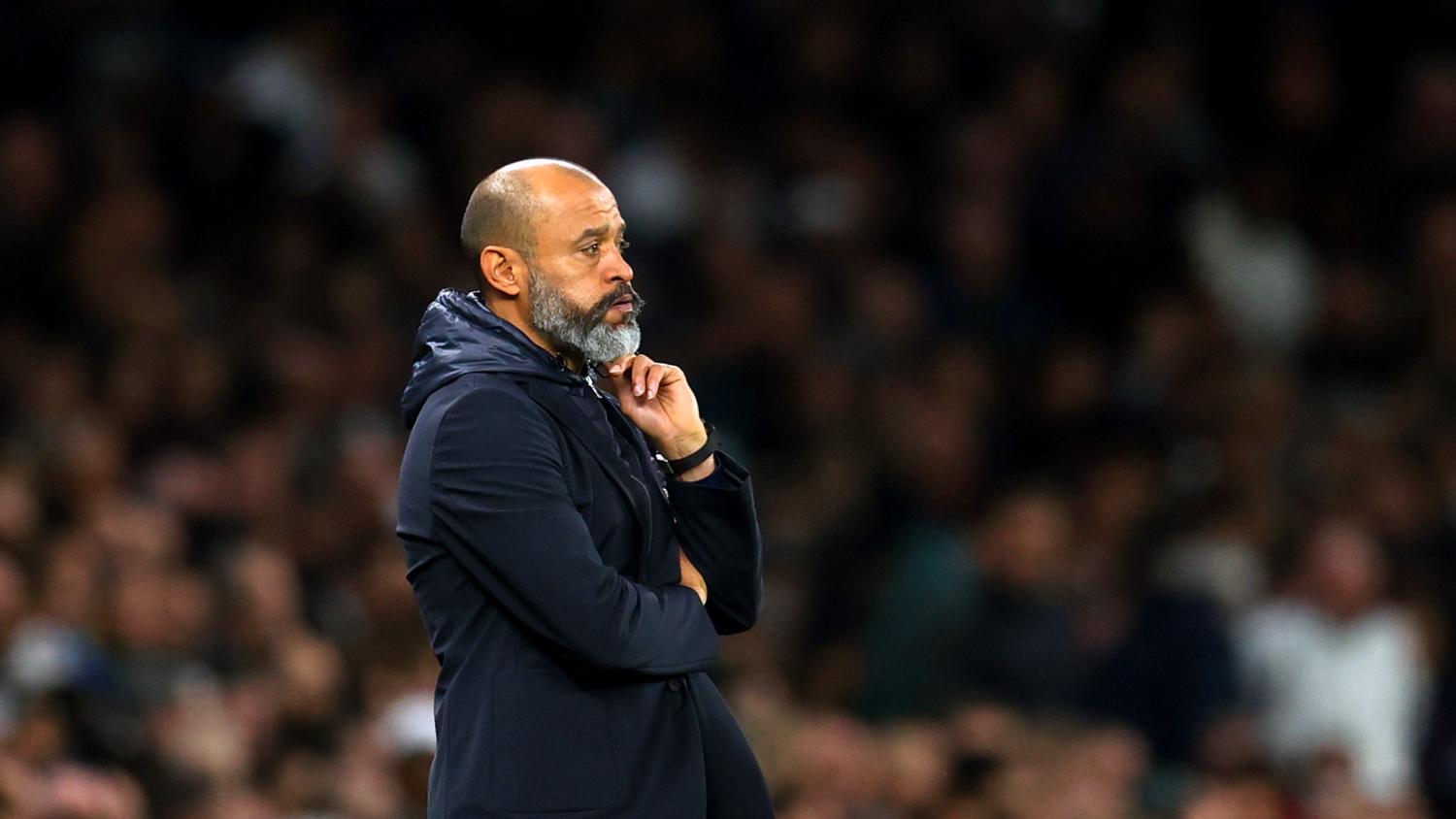Manchester United's trip to Tottenham Hotspur on Saturday was billed as the last chance saloon for United manager Ole Gunnar Solskjaer, but it turned out it was opposite number Nuno Espírito Santo who was being kicked out of the swinging doors on Monday.
Antonio Conte, the former Juventus and Chelsea manager, who was, according to some media reports, about to take over from Solskjaer at United, is now the favorite to be the new Spurs boss.
Solskjaer, who for the days building up to the game, had been dismissed as incapable of setting a team up, motivating a side and having the tactical skills required, radically altered his team's formation and approach and delivered a narrative-busting 3-0 win in North London.
Nuno is the second Portuguese manager to be sacked this year by Spurs after they dismissed three-times Premier League winner José Mourinho in April. To ease the pain, both will have handsome payoffs, negotiated by the agent they share, Jorge Mendes.
The days when English football used to shake its collective head at reports of Serie A or LaLiga managers being fired after a few bad results are long gone. Indeed, when it comes to knee-jerk decisions, media hysteria and absurd expectations, the Premier League is now the world leader.
Spurs were dreadful against United but it is only two months ago that Nuno was awarded the manager of the month award for August after starting his time at the club with three straight wins.
Nuno has to deal with the destabilising impact of Harry Kane's attempt to leave the club in the close season, a situation that he had no role in and no influence over.
Kane wanted to join Manchester City, but Spurs refused to sell him and he has managed just one goal and few moments of quality in his nine games so far.
The team has looked soulless and directionless in recent weeks but its position in the league is close to what most realistic preseason expectations would have been — it is eighth in the table, five points behind the top four.
Despite the drama that followed its humiliating 5-0 home loss to Liverpool, Manchester United heads into Saturday's Manchester derby knowing a victory would take it level on points with Pep Guardiola's City.
And yet a defeat would almost certainly result in an encore of the calls for Solskjaer to be replaced, repeated on social media where some fans spend hours campaigning for managers to be fired.
Such is the state of 'debate' around Premier League managers that a win is seen as 'turning the ship around' and defeat means the ship is sinking.
HIGH EXPECTATIONS
The fact that the longest serving manager in the Premier League is Sean Dyche, who this weekend celebrated his ninth year at perennial strugglers Burnley, shows that it is expectation that drives much of the impatience.
Burnley expects little more than a battle for survival and so Dyche retains the backing of fans and owners through frequent winless streaks.
But among clubs whose expectations are far higher, long-term planning and the patience it requires are much rarer to find.
Spaniard Mikel Arteta, currently being hailed for progressing Arsenal up to sixth, level on 17 points with United, has had to deal with repeated calls for his dismissal over the past year as that club tries to chart a path back to the top four.
Steve Bruce, who guided a weak Newcastle United team to 12th and 13th, was sacked last month after enduring bitter criticism from the club's supporters now fantasizing about Champions League football under their new Saudi owners.
Guardiola, who has frequently defended his protégé Arteta, last week noted that "it has been like this for centuries and it won't change. Society wants one guy responsible for good and especially bad things."
But English football hasn't always been like this at all.
Alex Ferguson, famously, survived calls for his head at Manchester United after a run of eight games without a win in 1990, before going on to win 13 Premier League titles.
Keith Burkinshaw even saw his Tottenham team relegated from the top flight in 1977 but kept his job and won promotion, two FA Cups and a UEFA Cup and became the club's second most successful manager.
It is, unfortunately, fanciful to imagine English football returning to those levels of patience but perhaps eventual success for Solskjaer or Arteta might give some owners cause to pause when the chants begin.
(Reporting by Simon Evans. Editing by Christian Radnedge)

 Home
Home
